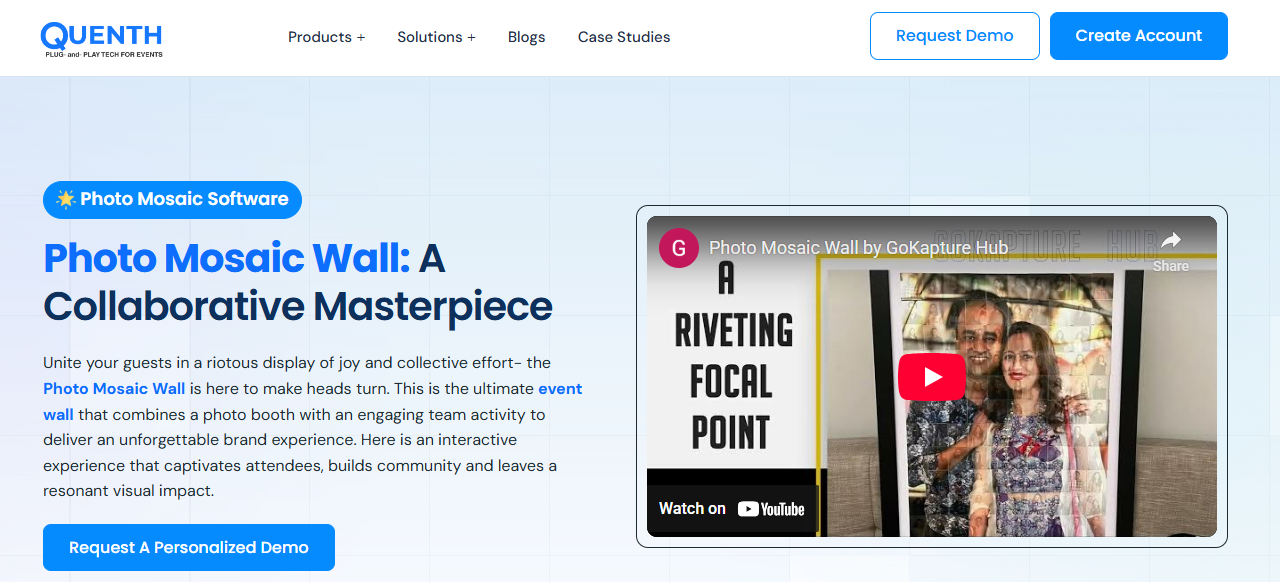Smarter Healthcare with Hospital Information Management
In today’s data-driven world, healthcare institutions cannot afford to rely on disconnected systems and manual processes. From patient admission to discharge, every interaction generates critical information that must be captured, accessed, and managed with precision. This is where Hospital Information Management Software (HIMS) and EHR/EMR Software play a transformative role. Together, they streamline clinical, financial, and operational workflows—empowering hospitals to deliver faster, safer, and more intelligent care.
Transforming Healthcare: Why Modern Hospitals Need Hospital Information Management Software
In this blog, we explore why hospitals are rapidly embracing these digital platforms, the key features they must offer, and how they collectively future-proof healthcare operations.
What Is Hospital Information Management Software?
Hospital Information Management Software is a centralized digital solution that manages every touchpoint of a hospital’s operations—spanning clinical, administrative, and financial workflows. It integrates modules like appointments, OPD/IPD management, billing, pharmacy, laboratory, insurance, and doctor portals into one intelligent platform.
Instead of maintaining disconnected systems, HIMS brings everything together in a seamless, secure, and instantly accessible environment—reducing errors, improving coordination, and strengthening decision-making.
Where EHR/EMR Software Fits In
EHR (Electronic Health Records) and EMR (Electronic Medical Records) specifically focus on storing and managing a patient’s medical history digitally. From diagnoses and lab results to medications and doctor notes, everything is securely stored, eliminating the risk of misplaced paperwork or unreadable handwriting.
To understand its capabilities in depth, you may explore EHR/EMR Software, which enhances doctor efficiency while improving patient safety.
When both systems (HIMS and EHR/EMR) are integrated, hospitals operate with full digital intelligence—from front-desk to clinician desk to management dashboards.
Why Every Modern Hospital Needs These Systems
1. Zero Dependency on Paperwork
Manual files are time-consuming, error-prone, and vulnerable to loss or damage. A unified digital hospital platform ensures continuity of care and instant data retrieval across departments.
2. Improved Patient Experience
Automated appointment booking, smart queue management, digital prescriptions, and instant billing make every touchpoint smoother and faster—reducing wait times and increasing patient trust.
3. Smarter Clinical Decisions
Doctors benefit from real-time access to past medical history, lab results, allergies, and AI-assisted treatment insights—resulting in safer, faster diagnosis.
4. Efficient Workflow for Staff
Nurses, front-desk teams, administrators, and lab technicians collaborate effortlessly through system-generated tasks, alerts, and role-based dashboards.
5. Seamless Compliance & Audit Readiness
With secure digital recording of every action, hospitals always remain compliant with NABH, HIPAA, NDHM, and global healthcare standards.
6. Real-Time Business Intelligence
Hospital owners and decision-makers can view department performance, revenue streams, doctor productivity, and inventory leakages in a single bird’s-eye dashboard.
Must-Have Features in Hospital Information Management Software
- Integrated OPD/IPD Management
- Laboratory & PACS Integration
- Pharmacy and Inventory Automation
- Insurance & TPA Management
- Role-Based Access Security
- Customizable MIS and CFO Analytics
- Cloud & Mobile App Ready
- NDHM and Telemedicine Readiness
How EHR/EMR Software Enhances Clinical Precision
- Secure, lifelong digital patient history
- AI-driven diagnosis assistance
- One-tap e-prescriptions and lab orders
- Real-time doctor-to-doctor collaboration
- No risk of lost or duplicate records
- Faster second opinions and teleconsultation support
Key Benefits for Hospitals
| Stakeholder | Benefit |
|---|---|
| Patients | Faster service & transparency |
| Doctors | 360° health history in one click |
| Management | Real-time operational insights |
| Finance Teams | Automated billing & zero leakage |
| Admin Staff | Less manual workload and errors |
Cloud-Based vs On-Premise Systems
| Aspect | Cloud-Based | On-Premise |
|---|---|---|
| Setup | Quick deployment | Longer setup duration |
| Cost | Subscription | Heavy upfront cost |
| Accessibility | Anytime, anywhere | Limited to local network |
| Scalability | Instantly scalable | Physically dependent |
| Security | Enterprise-grade auto-updated | Needs manual monitoring |
Most modern hospitals are shifting to cloud-based Hospital Information Management Software as it offers faster scalability, remote access, auto-backup, and zero hardware headache.
How HIMS + EHR/EMR Together Change the Game
When unified, they create a hospital ecosystem where:
- Front desk, doctors, nurses, and finance teams stay in perfect sync
- Patient care is personalized and data-driven
- No information gaps or communication delays
- Analytics constantly drive operational excellence
- Every action—from consultation to claim processing—is traceable and efficient
Final Thoughts
Adopting Hospital Information Management Software along with intelligent EHR/EMR Software is no longer a technical upgrade—it is a strategic investment into superior care delivery, optimized operations, and long-term growth. Healthcare providers that digitize early gain an advantage in trust, reputation, and profitability—while ensuring they remain future-ready in a world shifting towards connected and value-based care.
If your hospital is planning digital transformation, choose a platform that is cloud-powered, NDHM-ready, scalable, and built for AI-driven healthcare intelligence—because the future of healthcare is not just digital, it is smart.
Share this content:








Post Comment